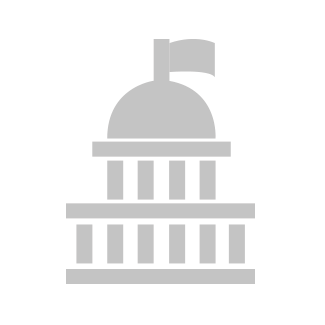Using Open Data to Identify Landlords
Data scientists at the Urban Institute develop a methodology for identifying problematic landlords from public data sources.
Researchers, housing advocates, and politicians aiming to promote equitable housing and economic recovery are concerned that the growth of speculative investment in single-family homes will exacerbate racial inequity in the housing market for both homeowners and tenants.
The Urban Institute team partnered with organizations in the Twin Cities to conduct research that would support their agendas for informed and equitable housing policy decisionmaking. The Twin Cities already has the country’s largest racial homeownership gap and a rental market that is unaffordable for low-income renters and renters of color.
These investors often form anonymous shell entities, like limited liability companies (LLCs) and limited partnerships (LPs), making it nearly impossible to track down who is behind these investments. The lack of legally mandated transparent ownership data has implications for housing research and policy. It is difficult to discern the individuals behind these single-family rental purchases and to determine where and to what extent this investment occurs at the local level.
Read the full story of using open data and predictive analytics to identify landlords from local government datasets.
